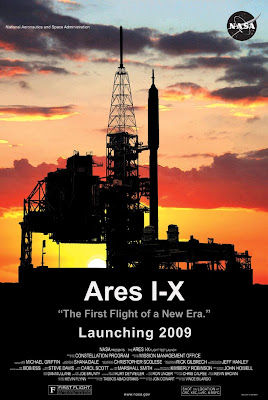With the launch of Sputnik 1 in 1957, the space race between the Soviet Union and the United States of America began. Each tried to do something new in space before the other. In the beginning the Soviets were well ahead. They even got the first person into space, but this didn’t deter the Americans.
Before America put a single person into orbit they had created the Apollo program to send people to the Moon. This wasn’t just for science or for exploration; it was to show America's superiority over Russia and the world.
Later, when the United States’ Space Shuttle program started, the Soviets tried to keep up, but the Soviet Union crumbled and all plans were abandoned. This effectively ended the space race. After that, the United States and Russia have cooperated in low Earth orbit with the Russian Mir space station and more recently the International Space Station.
There hasn’t been any political motivation to reach farther, go back to the Moon, visit the asteroids, or go to Mars. NASA is currently planned to return to the Moon in 2020 and to go to Mars by the late 2030’s. It won’t be a space race, but it will still be exciting as the first person leaves Earth, crosses millions of miles of empty space, and sets foot on another planet for the very first time.
The Lunar Reconnaissance Orbiter, the first NASA spacecraft sent to the moon in many years, is expected to launch June 17, 2009. It will spend its time orbiting the Moon, mapping its surface in high detail and searching for water hidden in the dark lunar craters near the southern and northern poles. It carries with it a probe which will impact the moon. The dust plume that will result from the impact will be examined for water and other compounds.
NASA's Constellation program is making fairly good progress with the first test launch of the Ares I-X rocket planned for this summer. The rocket will test the main rockets and will have weight added to the top to simulate the crew and a payload. It will fly on a ballistic trajectory and land in the Atlantic Ocean. The first manned flight of the Ares-I will occur no earlier than 2014 and the first test flight of the Ares-V heavy lift rocket will happen no earlier than 2018.

No comments:
Post a Comment